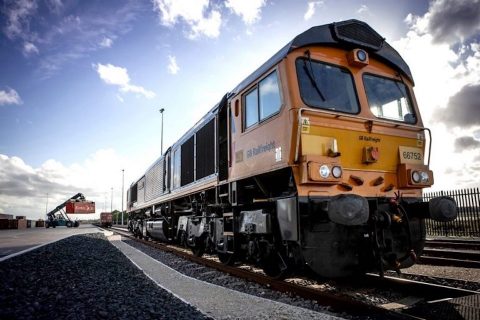Ukraine warns of legal action against the EU if grain import ban extends

Ukraine will not hesitate to take legal action and file a lawsuit against the European Union and EU Member States if the ban on importing Ukrainian grain in Poland, Hungary, Romania, Bulgaria and Slovakia is extended after 15 September. This was the statement of Taras Kachka, Ukraine’s Deputy Minister of Economy. According to him, Ukraine cannot withstand systemic threats anymore and will be forced to resort to legal action.
In an interview with politics-focused publication Politico, Kachka was quoted saying that in case the import ban is extended after 15 September, Ukraine will “file a lawsuit against Poland and the EU” to the World Trade Organisation (WTO). He also mentioned that Ukraine will do so with “full respect and gratitude to Poland.” At the same time, he recognised the support and cooperation of Poland, Hungary and Romania in providing transit corridors for Ukrainian goods.
Two different attitudes
Indeed, countries neighbouring Ukraine have contributed the most in assisting with exporting agricultural products, at least in terms of transit corridors and distribution to markets other than theirs. What is also true is that there has been a relative de-escalation of the ban/no ban situation in the past few weeks, especially regarding the Polish-Ukrainian agreement to boost imports/exports via rail.
Nevertheless, simultaneously with these developments, Poland has been insisting on extending the import ban on Ukrainian products. This proposition recently found backing from the EU Commissioner for Agriculture, Janusz Wojciechowski, who suggested that Ukrainian exporters be compensated with EU subsidies for their hurdles. It was Ukraine’s turn to respond, and now the situation seems to proceed to another escalation.
State of play
Ukraine understands that the absorption of its products from neighbouring countries can impact domestic produce and the economy. However, the country is also on a survival mission, trying to secure its interests. On the other hand, Poland and the rest of the EU Member States advocating the ban have also seen their agricultural sectors struggling in the past year, even though many have framed the ban as a purely political decision. It has been analysed before, though, that more or less both sides are correct about their demands.
Ukrainian farmers have been requesting the ban to be lifted for a long time now since it complicates logistical solutions even though it does not forbid the transit of Ukrainian goods. It appears, however, that Kachka’s statement about legal repercussions also addresses the symbolic aspect of the ban. It feels like an “enough is enough” statement aiming to prove that Ukraine will not just stand and watch while others make decisions about it.
No matter what, without the EU’s drastic interference in the issue, the situation will not alter any time soon. It is the EU that should provide a middle-ground solution addressing the issues of both sides while also supporting its legitimacy and ability to address European problems on a European level. The countries involved must resolve the escalation and focus on synergies, not only now but for the future, as everyone is aware of what Ukraine’s rebuilding and European integration will mean for logistics and the EU economy.




